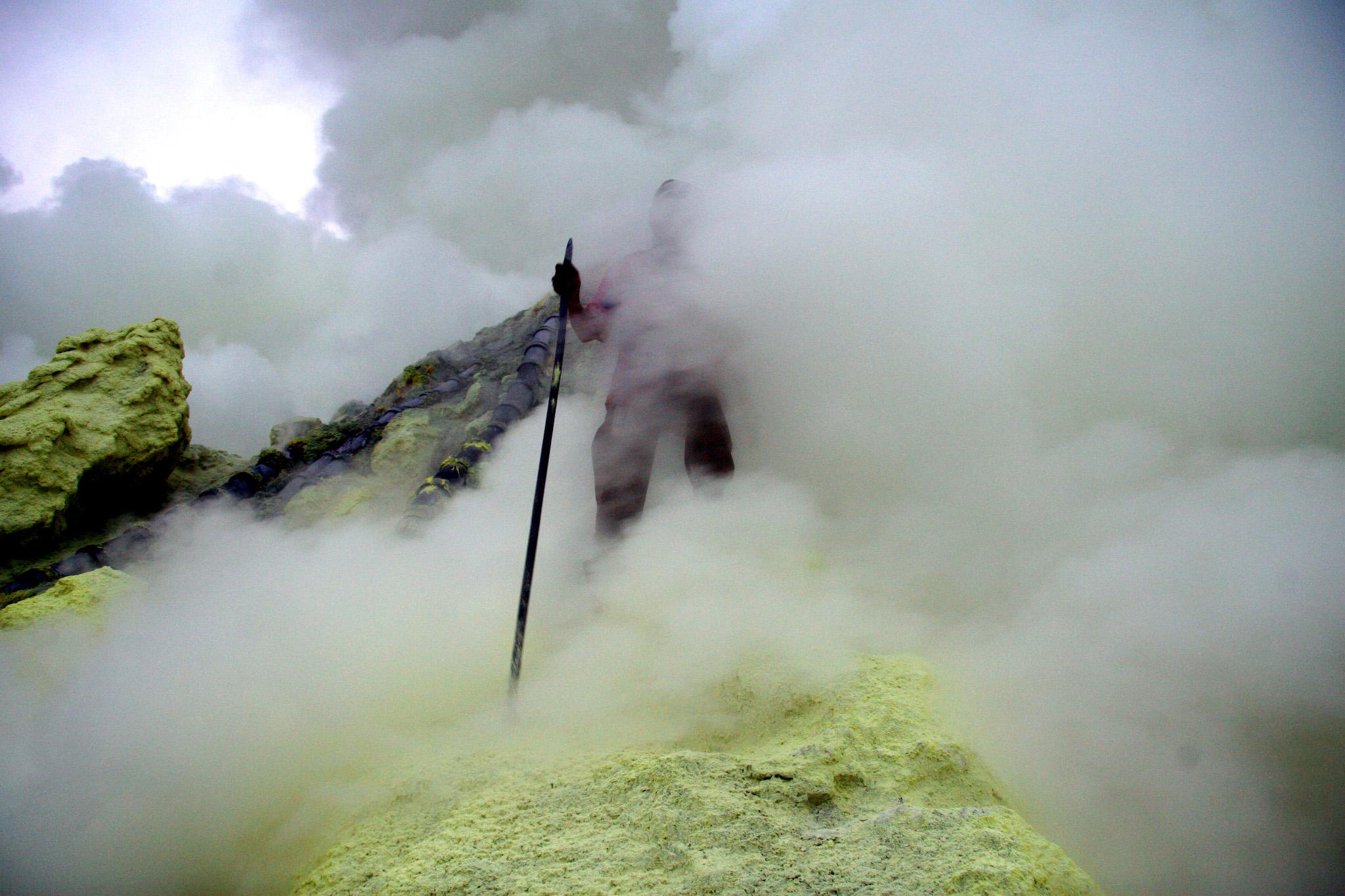Scientists find Luca, a single-cell, bacterium-like organism that is the common ancestor of all life on Earth
The find could shed light on where life began – which could be in a hydrothermal vent deep under the sea

Scientists might have found the common ancestor that unites all life on Earth – and it’s called Luca.
Our ultimate relative was a single-cell, bacterium-like organism known as Last Universal Common Ancestor or Luca. And it could help establish how life on Earth began, at the very start.
The findings could be a huge new contribution to arguments about how life actually got going on Earth. Researchers argue about whether life began somewhere extreme – like Luca’s apparent home near a deep sea vent – or whether it in fact began somewhere more pedestrian, like a small pond.
The researchers started by looking at nearly 2000 genes of modern microbes, exploring the traces that have been passed down from the beginning of life on Earth. That meant that they could explore the bits that appeared to be able to be tracked down to the common ancestor – and use their characteristics to assemble a picture of LUCA itself.
LUCA arrived about 3.8 billion years ago, and would eventually give rise to two different kinds of simple cells: bacteria and archaea. The realisation that it did so helps settle a big problem – the fact that the three domains of life, which include bacteria and archaea as well as the eukaryotes like plants and animals, didn’t seem to have a single point of origin.
It also allows scientists to explore the 355 genes that appear to have originated in Luca and understand what they share. The organism appears to have lived in vents deep in the sea, where metallic, gassy plumes erupt from seawater that interacts with magma that comes up from the ocean floor.
In the words of the author of the article – published in Nature Microbiology this week – LUCA was “anaerobic, CO2-fixing, H2-dependent with a Wood–Ljungdahl pathway, N2-fixing and thermophilic”.

Deep sea vents continue to be a breeding ground for strange, exotic and extreme life-forms, and have long been thought to be a candidate for the place where life first came into being. Many of the genes that belong to Luca appear to support that theory, because they are the kinds only found in places with extremely high temperatures.
But the findings could also prove controversial because the scientists behind them have argued that Luca could be very close to the origin of life. Luca is well-suited to its environment – but was still lacking important genes that would have kept it alive, and so would have relied on its environment, making it only “half alive” and so very early in the development of life itself.
Other scientists have disputed that picture, arguing that it is equally possible that Luca was a long way down the development of life. And it might not even have begun in deep sea vents, they say – instead, life might have been forced down there because of some huge event, like a collision with meteorites that wiped out life elsewhere.
Join our commenting forum
Join thought-provoking conversations, follow other Independent readers and see their replies
Comments
Bookmark popover
Removed from bookmarks